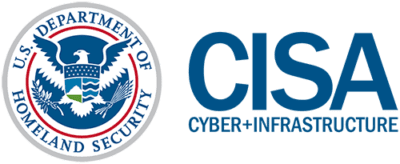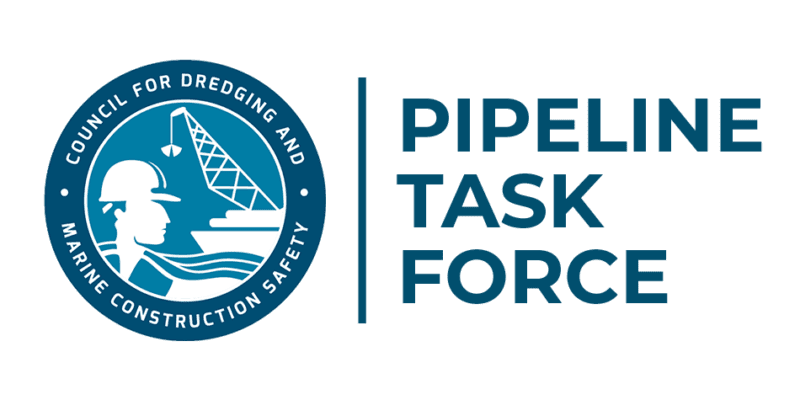Dredge Operators Adjust, Innovate During Pandemic
Like other sectors of the maritime industry, dredging is considered “essential” by the Cybersecurity & Infrastructure Security Agency (CISA), the division of the Department of Homeland Security tasked with identifying critical infrastructure and essential workers during the response to COVID-19, the disease caused by the novel coronavirus. That means, even during the fight to slow […]



